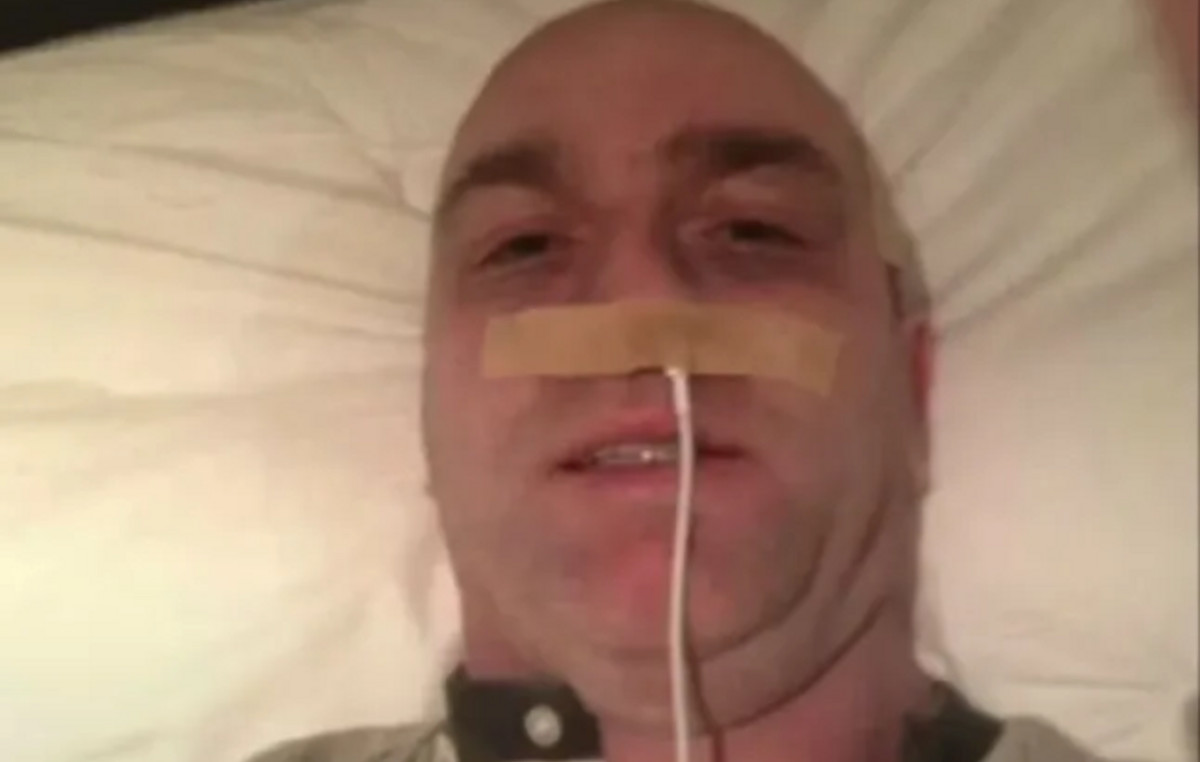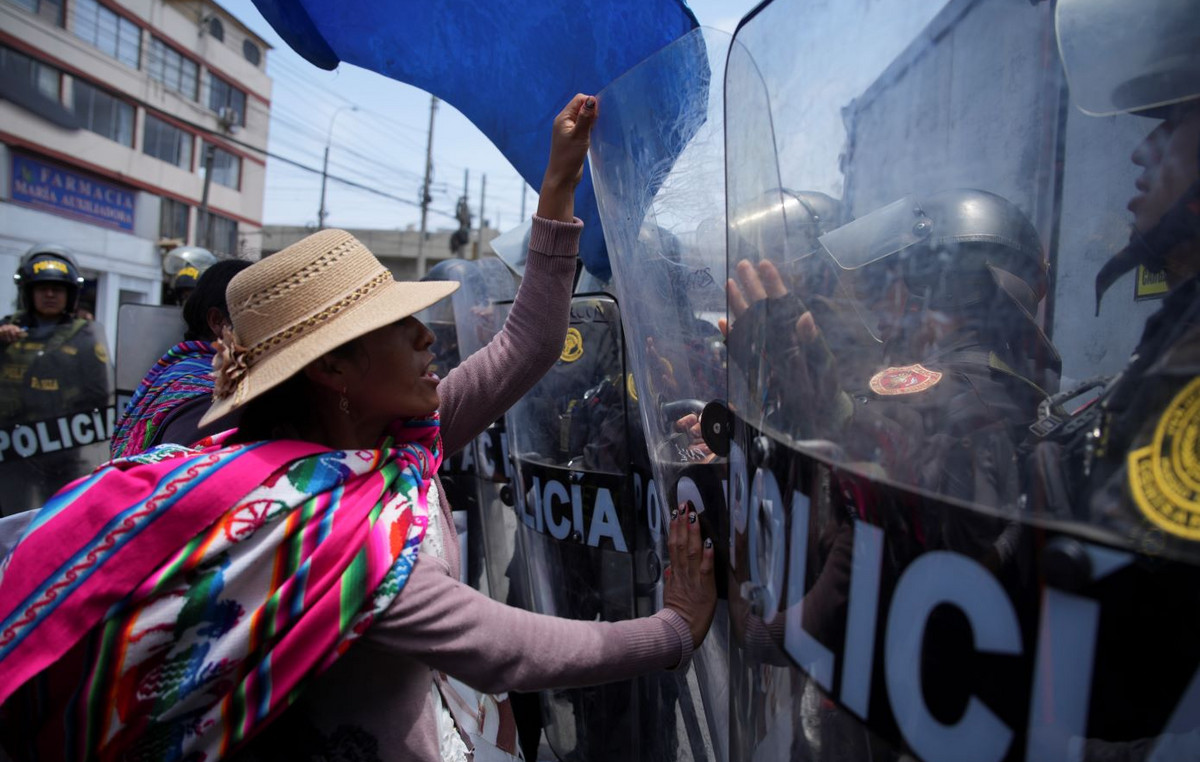The significant increase in whooping cough cases in 2024 is worrying health authorities in states in the Southeast. States and municipalities have started to follow guidelines from the Ministry of Health, which directly associates the increase in cases with the lack of vaccination.
In Rio de Janeiro, the State Health Department recorded an increase of more than 300% in cases of the disease until July of this year, compared to the whole of 2023. In São Paulo, the situation is even more alarming: in the capital alone, there was an increase of 1178% in the first six months of the year. There were 165 cases in the city, compared to 14 registered in the same period last year, according to the Municipal Health Department.
In addition to Brazil, countries in the European Union have also been reporting an increase in cases of the disease, which has generated a global alert with the start of the Paris Olympic Games in two weeks. According to the Epidemiological Bulletin of the European Centre for Disease Prevention and Control (ECDC), between January and March of this year, more than 32,000 cases of whooping cough were recorded in at least 17 countries in the bloc.
Professor André Ricardo Araujo da Silva, from the Faculty of Medicine at the Fluminense Federal University (UFF), states that the disinformation crisis is directly linked to the health crisis faced in Brazil and Europe.
“The increase in cases is the result of a combination of factors. One of them is the anti-vaccine movement, which has been a problem since the launch of vaccines. With the advancement of the internet over the last 10 to 15 years, the spread of false information has increased, leading many parents to not vaccinate their children. Additionally, vaccine protection decreases over time..”
What is whooping cough?
Whooping cough is an infectious disease caused by the bacterium Bordetella pertussis, and only humans can contract it. Transmitted through the air, the disease spreads easily when an infected person coughs or sneezes.
Symptoms are similar to those of a common cold, with runny nose, malaise, severe coughing fits and vomiting in young children. Although the fever is considered mild, symptoms can last between six and ten weeks. The disease can only be diagnosed through specific laboratory tests to identify the presence of the bacteria that causes whooping cough, which can lead to underreporting of cases of the disease.
Treatment is done with antibiotics and measures to alleviate symptoms, but global authorities agree that the only prevention is vaccination.
The Ministry of Health states that “immunity to the disease is acquired when [crianças] receive three doses of the vaccine, with boosters required at 15 months and 4 years of age. Even if an adult was vaccinated as a baby, they may become susceptible to the disease again because the vaccine may lose its effect over time.”
The ministry’s guidelines for states and municipalities include expanding the groups that should be vaccinated against whooping cough, such as nursery and daycare workers. According to the São Paulo Municipal Health Department, immunization against the disease is part of the Pentavalent vaccine, whose vaccination coverage is slightly below the 95% target.
For Professor Ricardo Araújo da Silva, who is also a member of the International Federation for Infection Control (IFIC), “it is crucial to educate families about the importance of keeping their vaccination schedule up to date and encouraging vaccination not only against whooping cough, but against all vaccine-preventable diseases.” According to him, only by ensuring broad vaccination coverage is it possible to protect the population.
Under supervision
Source: CNN Brasil
I’m James Harper, a highly experienced and accomplished news writer for World Stock Market. I have been writing in the Politics section of the website for over five years, providing readers with up-to-date and insightful information about current events in politics. My work is widely read and respected by many industry professionals as well as laymen.






